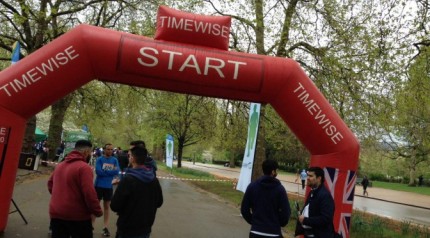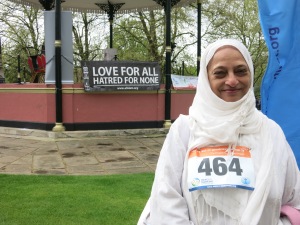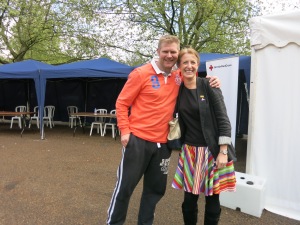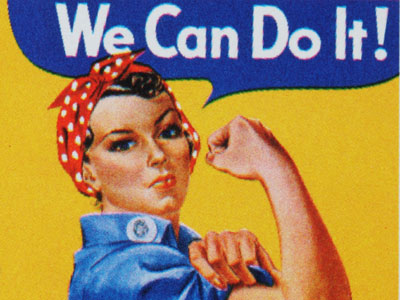
The sun is beaming bright from the sky, but not as bright as Lindsay Lynn’s passion for the youth. The chief executive of youth united was willing to sit down for an interview about the work the charity has achieved since it’s foundation in 2009 by Prince Charles. Their network consists of ten organisations and with them they create an infrastructure for scouts to be more successful. They also help to raise awareness for their sector within government. Without the competition, Lindsay sees it as a great way for everyone to support each other “it is innovative and forward thinking” she says.
Interestingly enough, youth united do not directly talk to young people. There is a highlight of great group work when youth united take more of a business to business approach with their networks. Meaning they want the youth to be more aware of the organisations they work with, rather than the charity itself “youth united should be well known by government departments, by all of our networks like scouts and guy, by people in the charity sector, by influencers and thinkers. We don’t want to be known by young people because what we care for young people to know is scouts or Air Cadets” she explains.
They are dedicated to the young and with only ten per cent of young people being signed onto one these groups; they are dedicated to go into the areas where they do not have these opportunities. Youth united are as devoted to their workers as they are to their participants. They try and make it different for them, in order to for them to feel like they’re getting something out of it “it can’t just be seen as an extra job. It has to be fun for them as well” she says. A lot of time is spent recruiting, training and supporting volunteers. With four thousand adult volunteers the age groups varies significantly. With the high amount of bad press over young people, Lindsay feels their good work is not highlighted enough “people are more willing to step up than we give credit for” she feels.
The organisation is also expanding rapidly. In 2012, the company had a goal of setting up 400 units within communities, successfully they surpassed to 700. By March 2016 they expect to create opportunities for 40,000 new people “from what I’ve seen, if young people are given the opportunity they want to get involved and do things that are exciting and fun and help their future” she states.
Although youth united supports different scouts who do different things, they all have one thing in common; inclusion. They all have a demonstrative commitment to include all types of people. Girlguiding have included the hijab as part of their official uniform. Their adamant support for organisations that are welcoming is shown through their reformed strategy “we would not support an organisation which only focuses on a certain background” Lindsay confirms.
One of the reasons why Lindsay is so passionate about what she does is because she has a personal attachment towards scouts. Originally from Tennessee, in the U.S, she was brought up with a family who did not travel much. Joining a girls scout at the age of six and sharing the experience with her French roommate, changed her outlook on life “It totally changed the way I saw the world.” She says “I had never met someone who had such a different perspective, for me that was very influential”. The wealthy and suburban image of a scout is a stereotype Lindsay is determined to abolish “reputation is different to reality” she argues. She also believes that being part of a scout is a way for everyone from different backgrounds to share the same experience “that is why I am really passionate about it because I know how much it can change a person’s life. To meet different people and become more confident.” She finishes.

For volunteering E-mail via youth.united@yuf.org.uk or for all other enquiries contact by phone on + 44 (0) 20 7401 7601.






